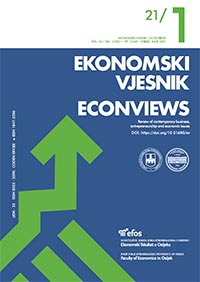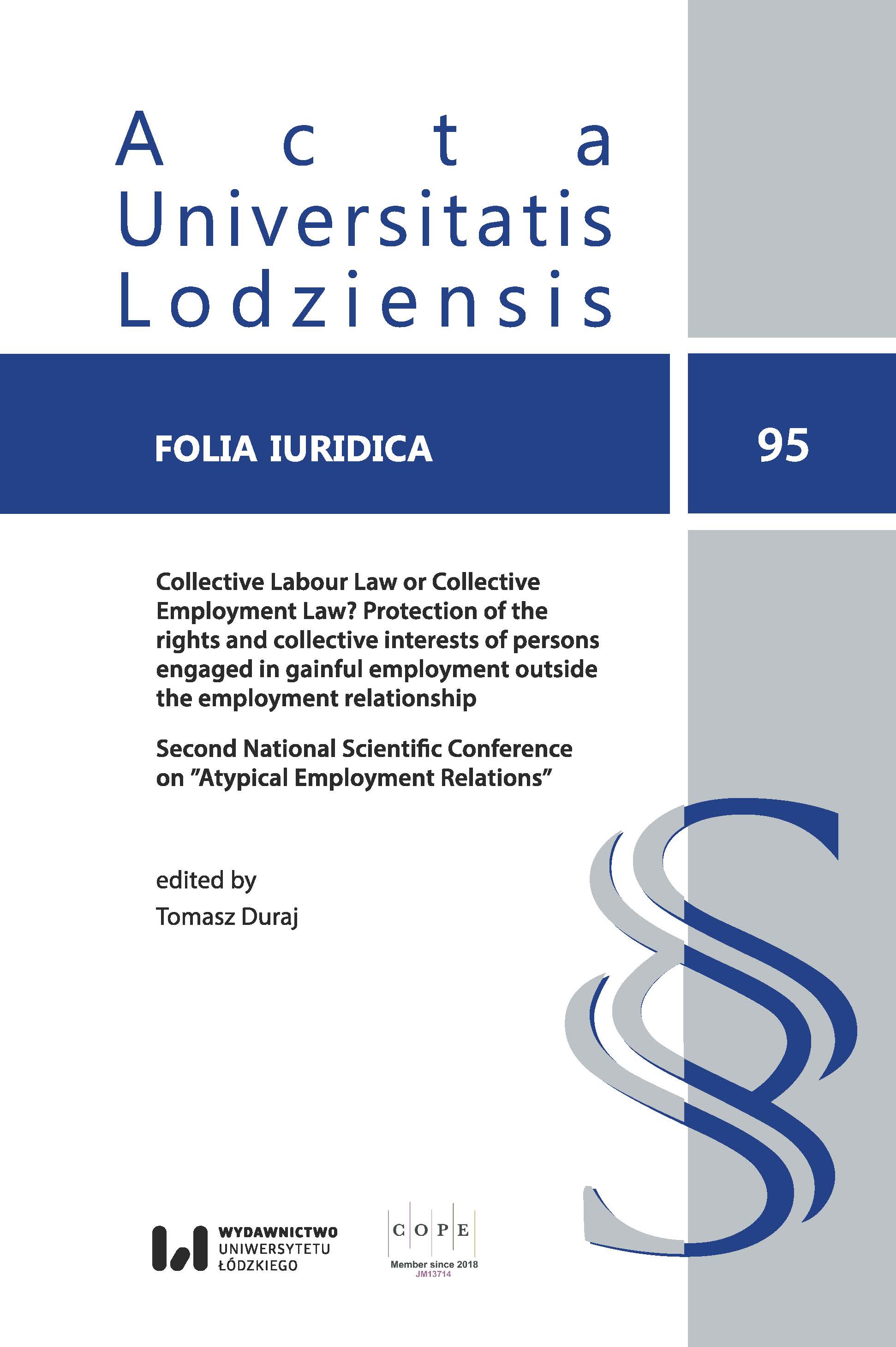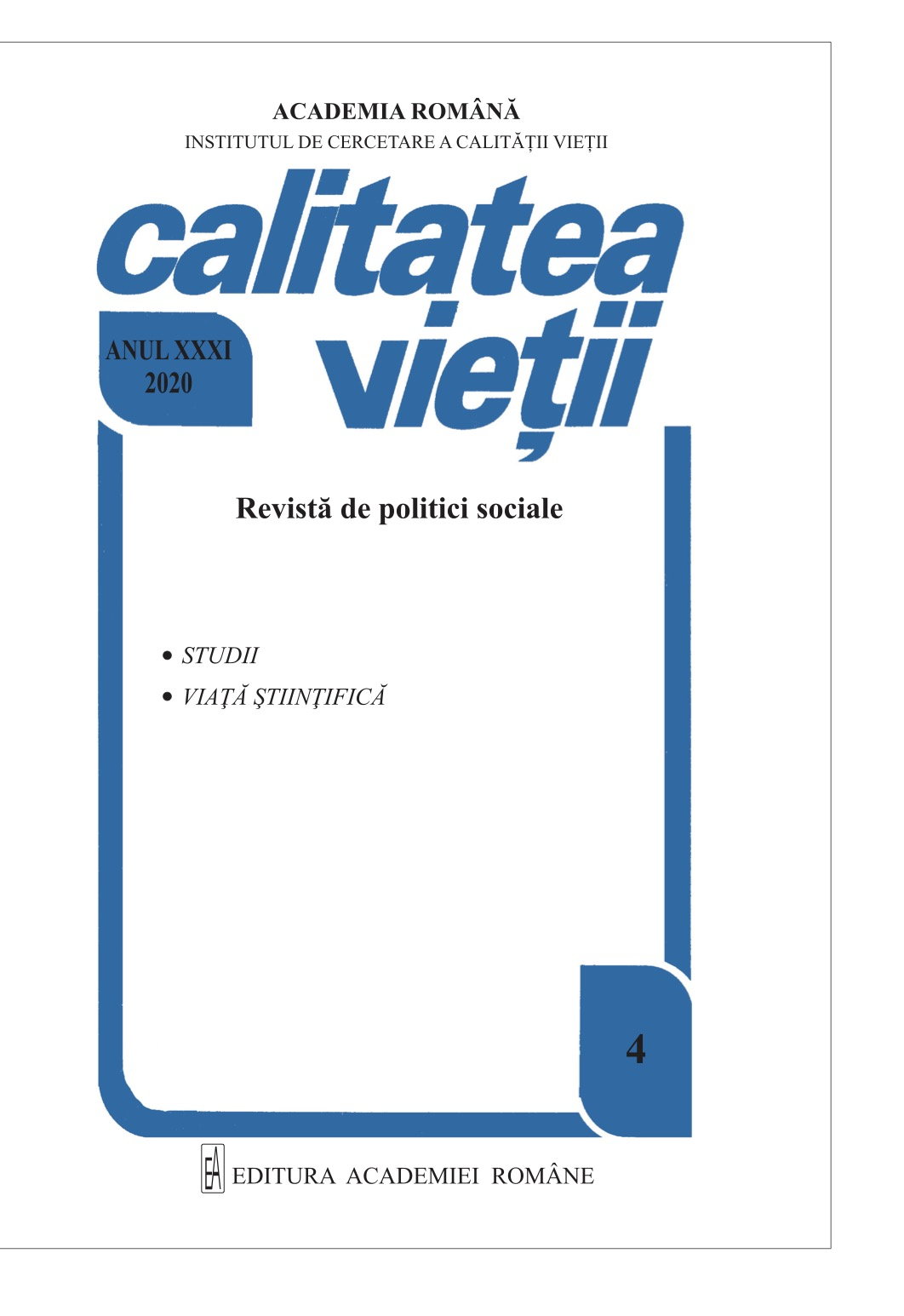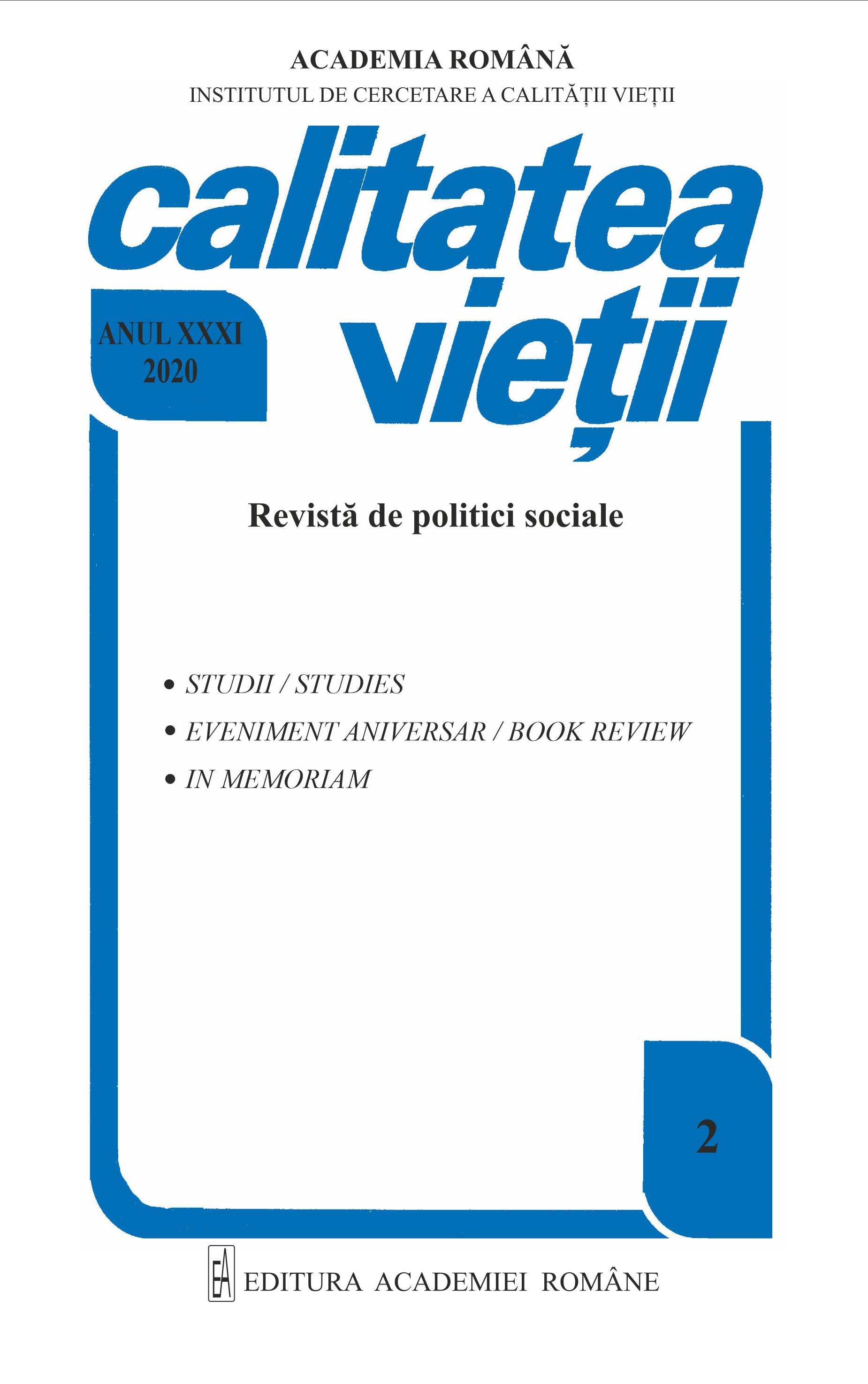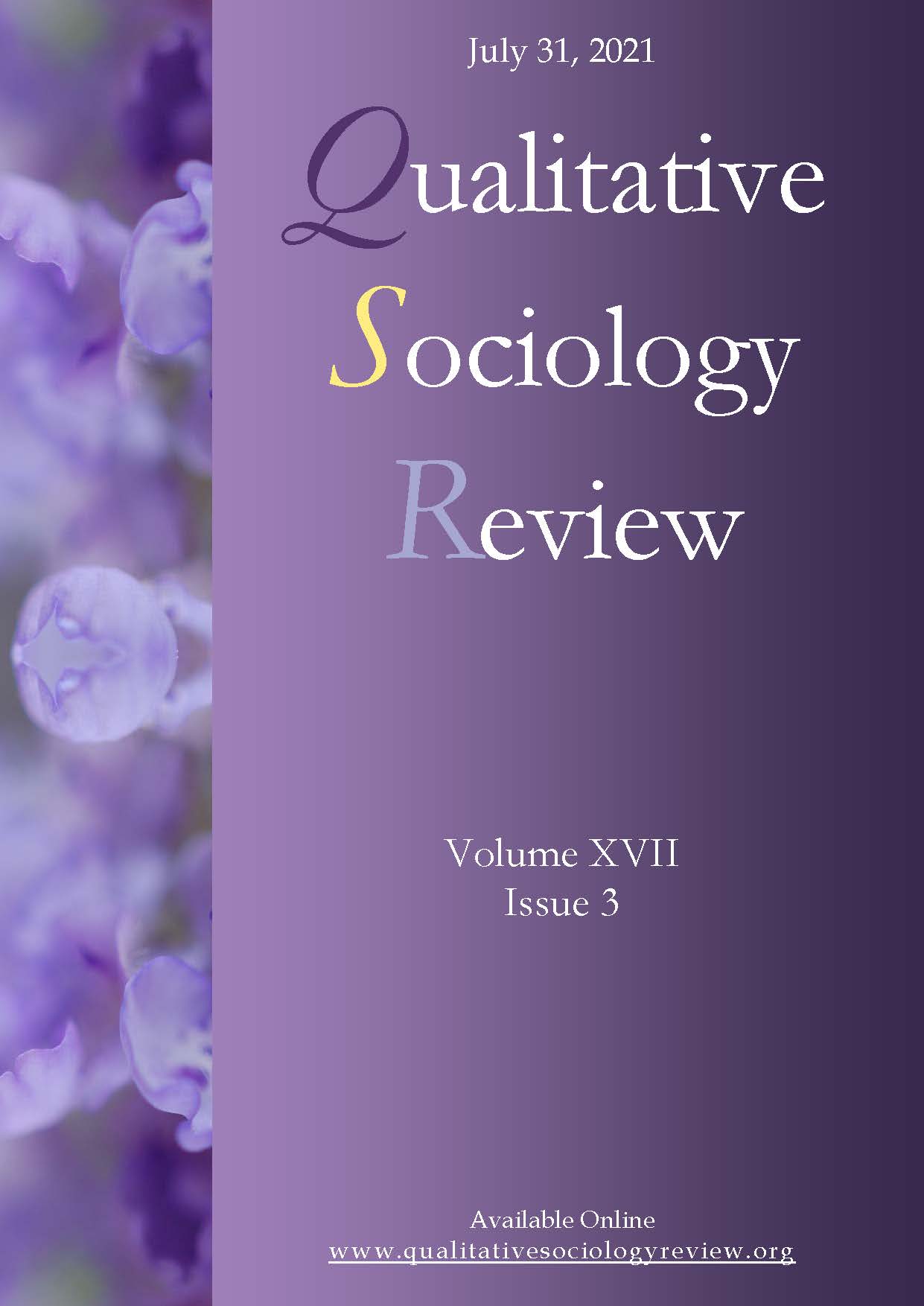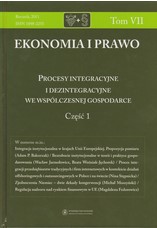Author(s): Varvara Lalioti / Language(s): English
Issue: Spec 7/2019
In the wake of the financial crisis and the associated austerity measures, the relationship between education and the labour market and, more specifically, the means for strengthening this, have attracted the attention of various groups of stakeholders at European and national level. This growing interest, which, among other things, has put skills and the skills mismatch at the centre of debate, is largely associated with the view that the absence of strong links between education and the labour market is a source of multiple negative outcomes, such as higher inequality and lower social cohesion. In contrast, a closer connection between the two fields is often regarded as crucial to attaining positive outcomes, such as improvements in the labour market integration of individuals and increased job satisfaction. Against this backdrop, the present paper sheds light on the case of Greece in a European context. Drawing on extensive desk research, the analysis reveals, first, that the country has long suffered as a result of poor links between education and the labour market, as exemplified by the relatively high rates of unemployment among graduates of higher educational institutions. Moreover, the foregoing relationship appears to have deteriorated during the years of crisis and austerity. Second, it is argued that the same period saw the start of a debate on strengthening the ties between education and the labour market, as reflected, inter alia, in the growing importance attached to identifying skills needs and tackling the skills mismatch, and to the promotion of policies in this area. Overall, this trend is in line with broader trends at the European level that favour strong(-er) links between education and the labour market, illustrative of which is the increasing attention paid to ways of dealing with the skills mismatch and the establishment of relevant mechanisms to assist with this. Further action needs to be taken in Greece, however, in order not to jeopardize the progress made and to guarantee that new mechanisms and other existing policies are capable of fulfilling their declared goals.
More...
